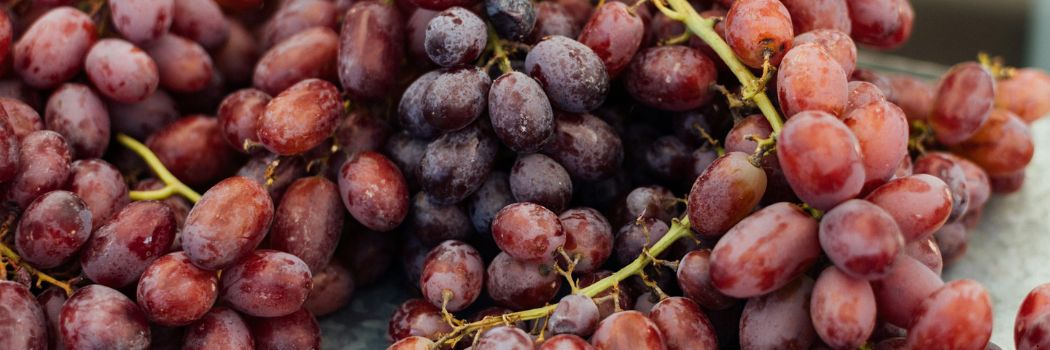
Ancient plant samples have shown that farmers in the Middle East prioritised wine production over olive growing during times of climatic change.
Researchers, including experts from our Department of Archaeology and Earth Sciences, analysed the charred remains of plants from the Bronze and Iron Ages.
They found that irrigation was used to maintain grape cultivation instead of olive growing.
Their findings provide evidence of the importance of wine production for cultural and economic purposes during that period.
Seed and wood samples
The team looked at over 1,500 seed and wood samples from grape and olive plants from the Early Bronze Age to the Iron Age (5,000 to 2,600 years before today).
The samples came from the Levant region and northern Mesopotamia, which today includes Lebanon, Jordan, Israel, Palestine, Syria, Turkey, and northern Iraq.
By looking at the ratios of stable carbon isotopes – non-radioactive forms of carbon that do not decay over time – in the samples, the researchers saw how much water was available as the plants grew.
During the Early Bronze Age, evidence of water stress matched seasonal variations in moisture.
During later periods there was greater variability in water stress, while the presence of grapes and olives in drier regions indicated more widespread use of irrigation.
Intensive irrigation
There was also evidence of intensive irrigation of grape crops since the Middle Bronze Age, as well as the presence of cultivated grapes in areas poorly suited to growing the fruit.
This suggests that grapes and wine were of particular cultural and economic value, confirming the findings of previous archaeological research.
Our research demonstrates that farmers in the Middle East thousands of years ago were making decisions about which crops to plant and how to manage them, balancing the risk of harvest failure with the effort needed to irrigate, and the likely demand for their products. It reminds us that people in the past were just as smart as people today, and that seemingly modern issues like resilience to climate change and the need to allocate resources carefully have long histories.






